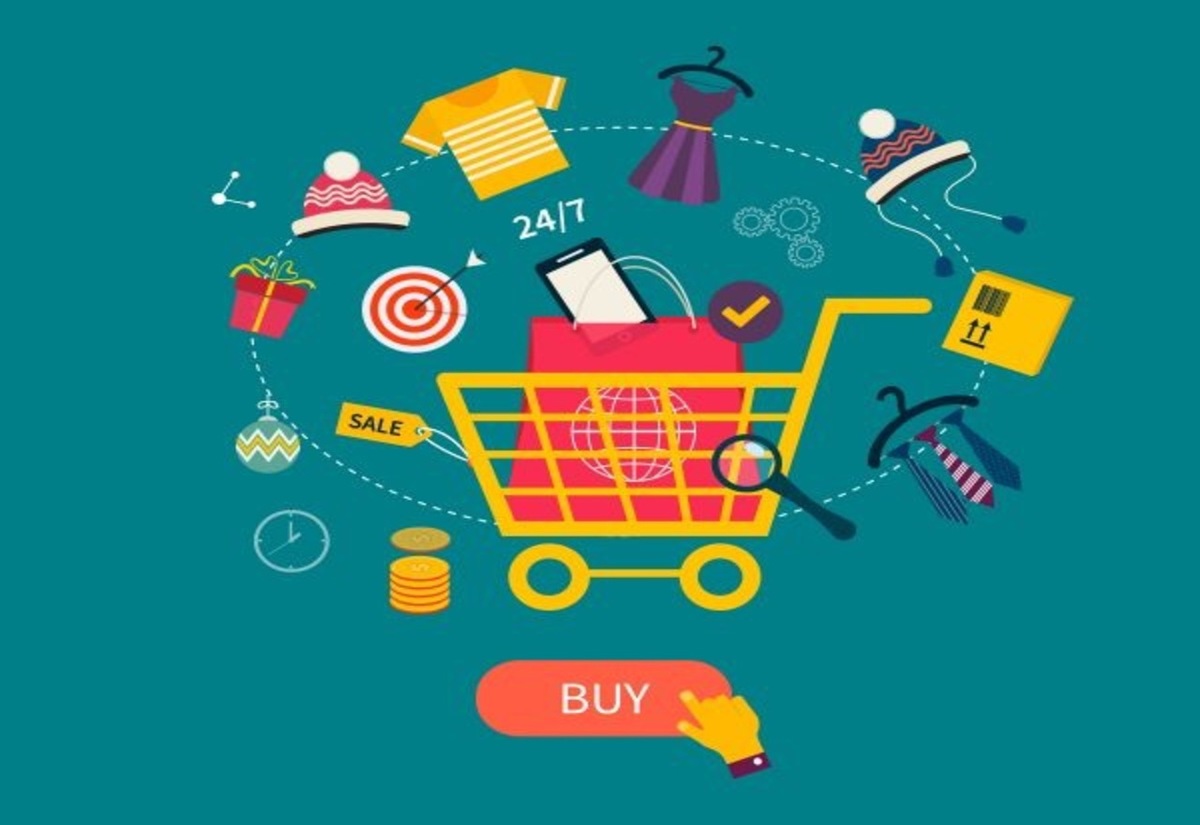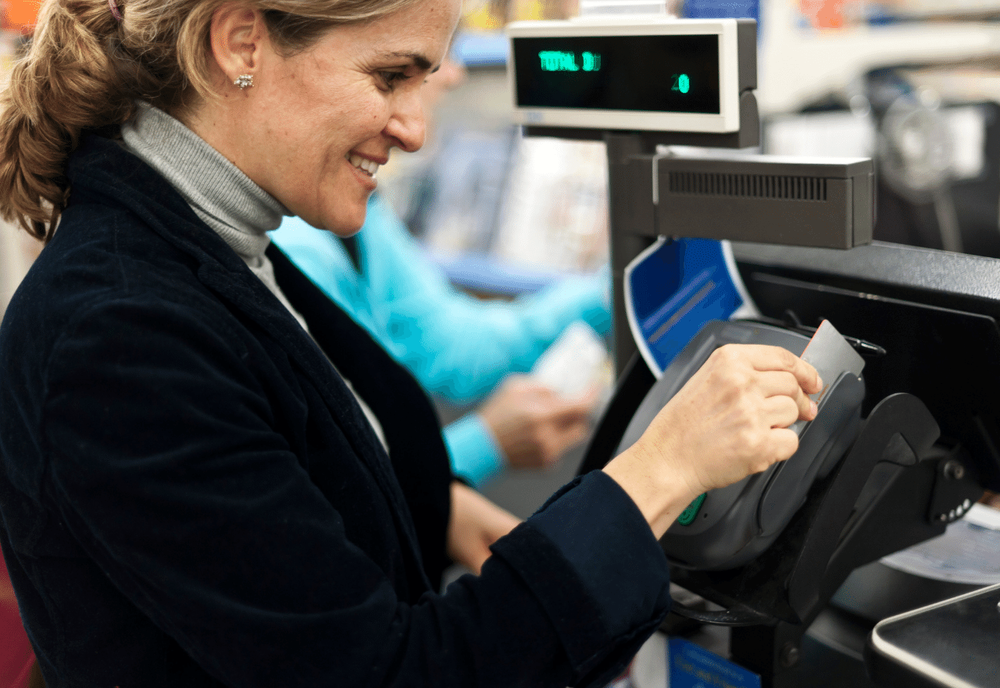Is the new credit card alternative friend or foe?
Laura Williams
27 November 2021, 1:38 AM
 Buy-now-pay-later schemes are contributing to some of the highest rates of financial anxiety seen in young people.
Buy-now-pay-later schemes are contributing to some of the highest rates of financial anxiety seen in young people. Despite the significant number of young people using buy-now-pay-later services, a recent survey has found that nearly all have reported its negative impact on their financial wellbeing.
Buy-now-pay-later (BNPL) services, which once were few and far between, have overwhelmed the financial market. The services allow customers to defer the payment of their purchases by making multiple instalments.
A simple online purchase can return up to nine payment options, the majority being variations of a BNPL service.
Regional areas where online shopping is commonplace, such as the Western Plains, are increasingly at risk of being over-exposed to the services, normalising their use.

Regional areas have experienced a 50.7 per cent growth in online shopping since last year, according to Australia Post.
A recent survey found that 53 per cent of young people (aged 18-24) admitted to regularly using buy-now-pay-later services, despite the impact on their financial wellbeing.
As young people have been found to be experiencing anxiety relating to financial security more than ever before, a deeper dive into this new financial world is warranted.
Since their introduction, the services have been roundly criticised for taking advantage of the financially vulnerable.
However in some situations, including where BNPL has been introduced to childcare services, they have been welcomed by parents as a useful alternative to traditional payment plans.
Last month’s introduction of BNPL services in hospitality settings, however, stirred instant controversy.
Founder of The Broke Generation, a finance podcast aimed at millennials, Emma Edwards urged her (mostly young) followers not to use the services in hospitality settings like restaurants.
“You don’t want to be paying for a meal you had eight weeks ago that you don’t even remember,” Ms Edwards said.
The introduction on BNPL into hospitality services allows that demographic to re-enter the social scene where they usually may not have. However, it also creates the illusion that they can afford activities that they perhaps can’t, building an unnecessary trail of debt from a young age.
In the 22 per cent of survey respondents who reported they were struggling financially, food and housing became spending priorities, with the social agenda being forced on the back burner.
The study found that young people were over-represented in using BNPL, with those aged 18-29 making up for 49 per cent of users who admitted to cutting back on essentials in order to meet their payments.
Young people were also more likely to divert funds from other household expenses in order to make the payments.
The problem is piled onto a generation burdened with financial concerns, particularly surrounding housing affordability in the current market.
However, the Senate Inquiry into BNPL schemes in 2019 found that young people use the services as an interest-free alternative to a credit card.

Director of Deakin University’s Centre of Employee and Consumer Wellbeing Dr Paul Harrison said in his evidence that turning away from traditional credit cards could be a good sign from younger people.
“…there has been a huge amount of coverage of credit, and the dangers of credit, over the last 10 years as well, so there's a kind of slowing down of the normalising of credit. Ultimately, people still want to consume and so they're looking for alternative ways to consume,” reported Dr Harrison.
The Australian Securities and Investment Commission ultimately expressed concern, however, that the products failed to consider the income of each user.
In 23 per cent of cases where one in six consumers reported difficulty in meeting payments, they instead relied on credit cards to pay the debts.
Industry professionals are calling for further regulations to be placed on the BNPL market, two years after the inquiry found them insufficient.